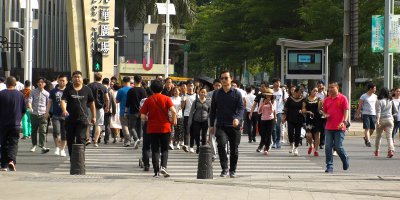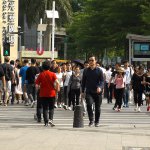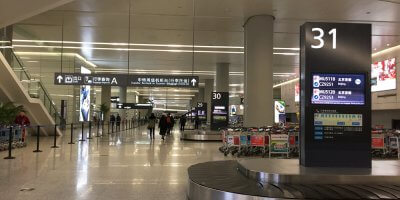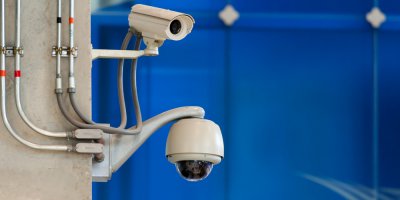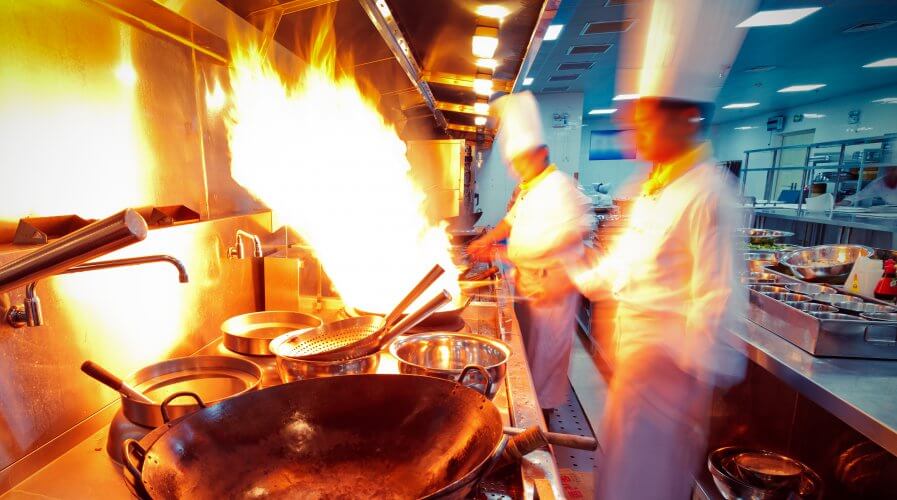
Authorities in a city in eastern China has deployed an AI system to catch cooks who are engaging in unhygienic behavior while in the kitchen. Source: Shutterstock.
From crooks to unhygienic cooks, China’s AI spares none
POLICE and authorities around the world have been deploying future technologies in fighting crime, following considerable developments in facial recognition, big data, and artificial intelligence (AI).
However, in eastern China, local authorities, are putting AI to use in the most novel way yet — to catch misbehaving cooks or chef.
If the system detects cooks are smoking in the kitchen or did not wash their hands, it will alert the officials via a mobile app.
The application was developed as part of a six-year project called “Sunshine Kitchen” for authorities in Shaoxing – a city in Zhejiang. The surveillance project was intended to let customer view how caterers, restaurants, hotels, and school canteens prepare their food.
Shaoxing Food Service Supervision Department director, Zhou Feng told a local media that the new AI system is like giving a “super brain” to the city’s pair of eyes in the kitchen.
The system integrates AI algorithm analytics with the internet of things (IoT) technology to analyze the surveillance footage for 18 distinct risk elements.
According to a media report, the AI-powered solution can detect up to eight different deviant behavior in the kitchen, including smoking and operating mobile devices. The system also could identify four positive actions such as frequent hand washing as well as performing cleaning task.
Authorities could also monitor environmental factors that could impact food safety – mainly temperature, humidity, and the presence of pests – by using the same system.
So far, 87 catering services companies, as well as a local city hotel, Xianheng Hotel have trialed the system, and the city officials are hoping to implement it at more than 1,000 large catering and school canteens.
The implementation at Xingheng Hotel even features a large screen dashboard that displays the latest data of daily conduct violations.
Zhou believes that deploying the system will help both the business operators as well as the local enforcement agency to run a better business that is compliant with local health codes and regulations.
Food safety is a major issue that continues to haunt China in recent times where the industry has been riddled with scandals such as fake eggs, recycled cooking oil, mislabelled meat, among others.
In 2018, melamine contamination in infant formula led to the death of six children and poisoned over 300,000 infants nationwide, which lead authorities to ramp up the regulatory pressure.
AI combined with facial recognition systems have delivered success for authorities in Zhejiang in the past, and one of the biggest of those victories was when a fugitive was identified among 60,000 concertgoers.
Hopefully, with integrating future technologies, the battle to eliminate deviant behaviors and unhygienic practices that affect food safety will also be a successful one.
READ MORE
- Ethical AI: The renewed importance of safeguarding data and customer privacy in Generative AI applications
- How Japan balances AI-driven opportunities with cybersecurity needs
- Deploying SASE: Benchmarking your approach
- Insurance everywhere all at once: the digital transformation of the APAC insurance industry
- Google parent Alphabet eyes HubSpot: A potential acquisition shaping the future of CRM

